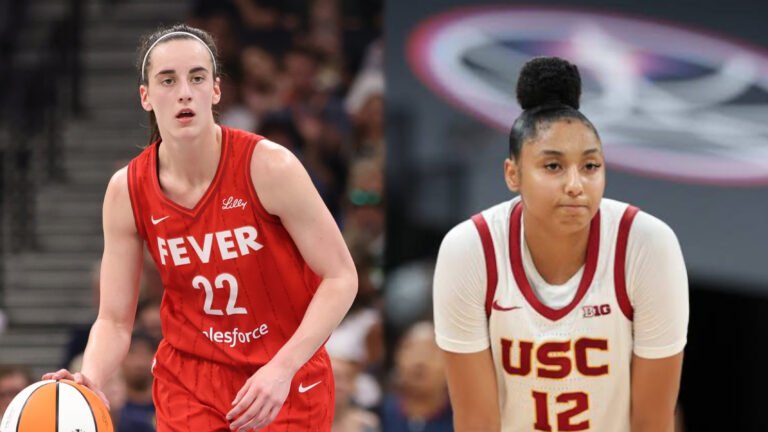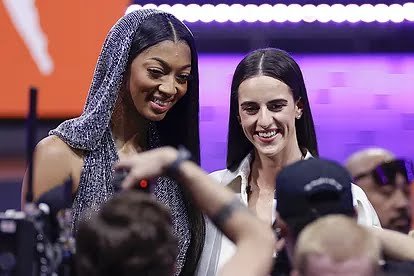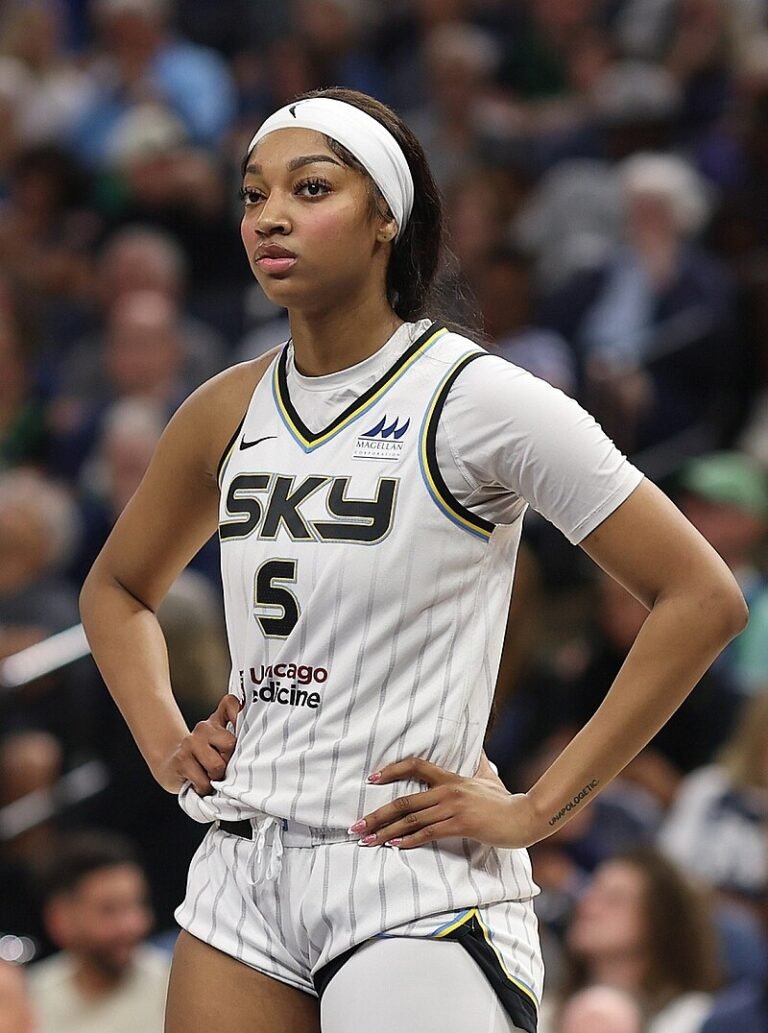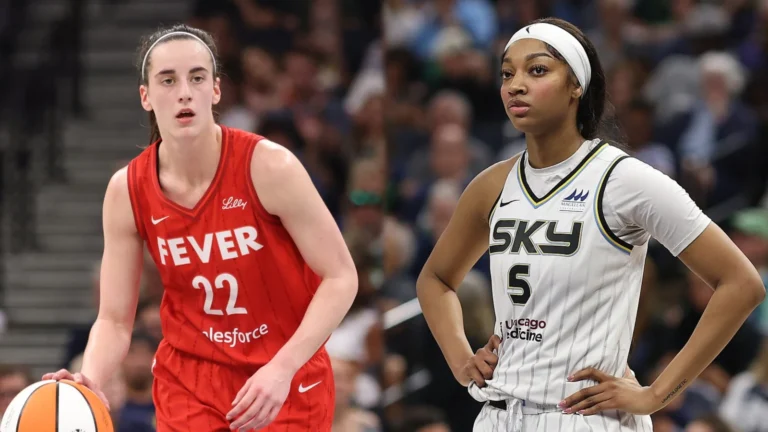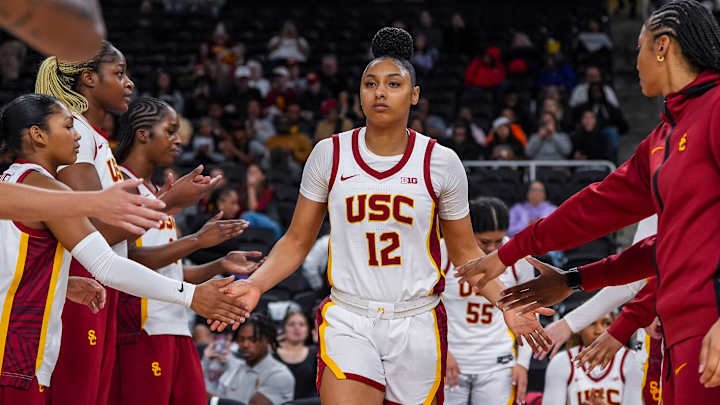
Caitlin Clark has ascended to a rarefied echelon where her name is not merely associated with basketball but embodies a transformative era in sports. Crowned Time Athlete of the Year—a foregone conclusion to anyone who has witnessed her brilliance—Clark is more than an exceptional player. She is a cultural catalyst who has elevated women’s basketball into mainstream prominence, yet her meteoric rise has also ignited a maelstrom of controversy.
Clark’s impact on the court is nothing short of revolutionary. She plays with an audacity that rewrites the rules, combining Steph Curry-like deep shots with dazzling no-look assists and an unmistakable authority that radiates on every possession. Her talent transcends mere statistics; she has redefined the audience for women’s basketball by smashing viewership records, filling arenas, and capturing the imagination of fans globally. Her influence is not a product of chance but a testament to her unparalleled skill and magnetic presence.
Despite her accolades, Clark has found herself ensnared in polarizing debates. Critics allege that her fame is inflated by racial bias, while others brand her as “woke” for acknowledging systemic privilege. These narratives swirl not because of any deficiency in her game but due to society’s penchant for imposing ideologies onto public figures. The claim that her rise is racially driven ignores history—many white players preceded her, yet few ignited the same cultural shift. Clark’s ascendancy is rooted in her mastery and ability to redefine what is possible on the court.
Complicating matters is the broader cultural landscape, rife with divisiveness. Clark’s acknowledgment of white privilege, coupled with her respect for the trailblazers who laid the groundwork for women’s basketball, has been misconstrued as a political act. In reality, her comments reflect her humility and understanding of the sport’s evolution. Recognizing the contributions of others does not diminish her success; rather, it underscores her depth and maturity as an athlete and leader.
Unfortunately, her sincerity has been met with backlash from factions seeking to co-opt her success for their agendas. Some accuse her of pandering to a “woke” narrative, while others criticize her for not aligning with their expectations. Yet Clark remains steadfast in her purpose—she is not a vessel for ideological battles but a basketball phenomenon focused on reshaping the game. Her legacy will not be defined by the noise but by the indelible mark she continues to leave on the sport.

